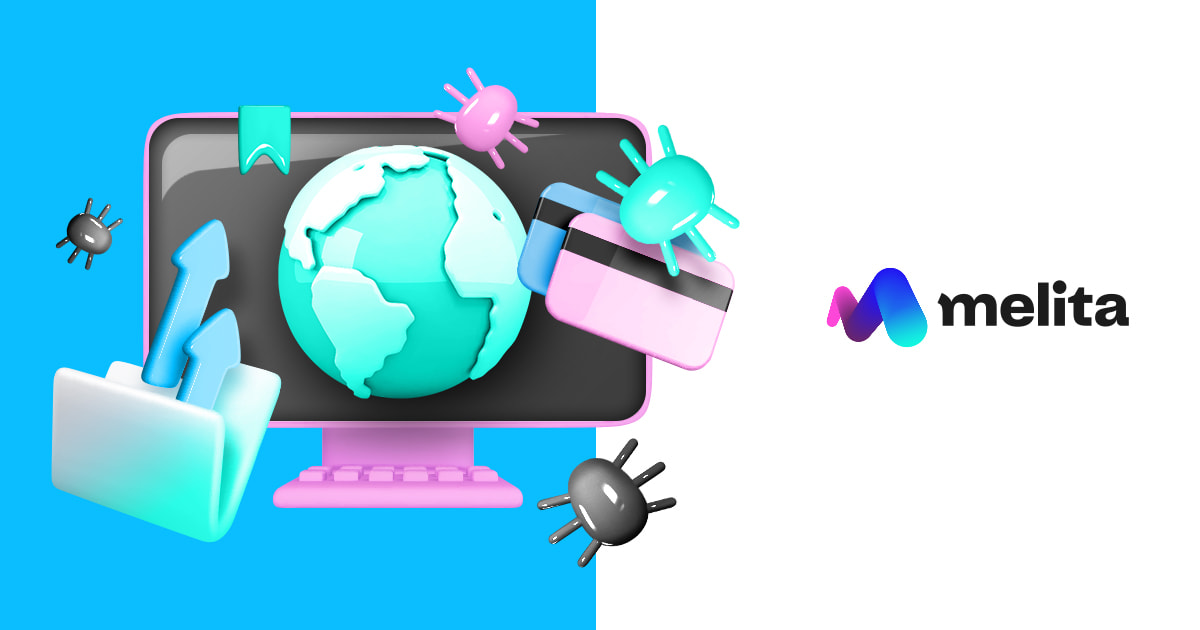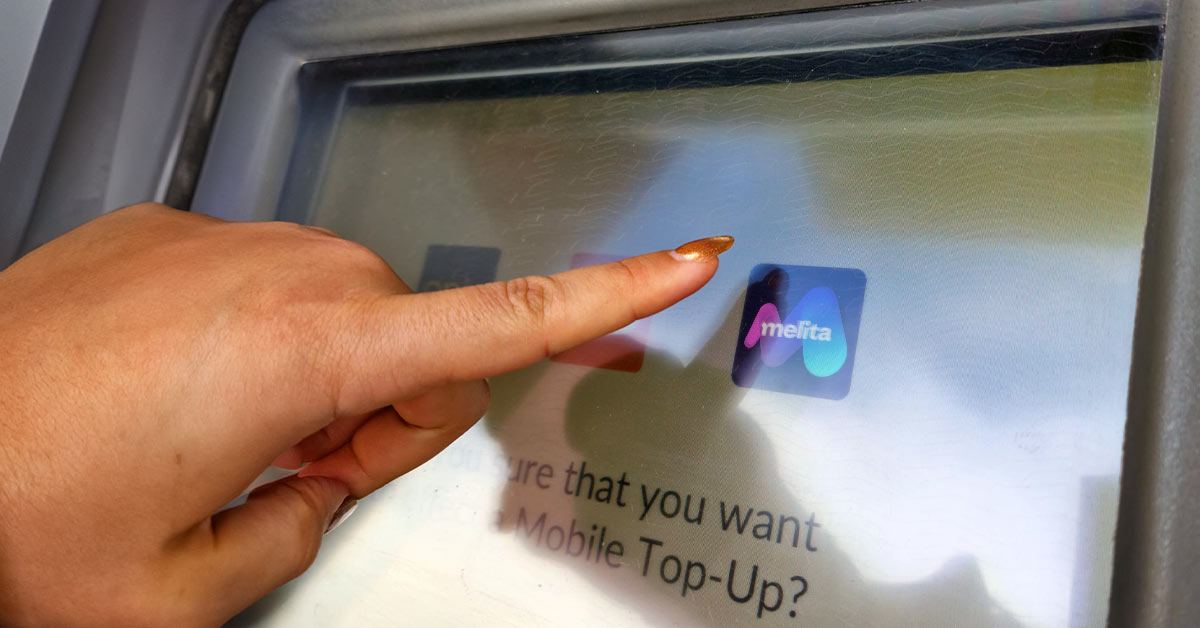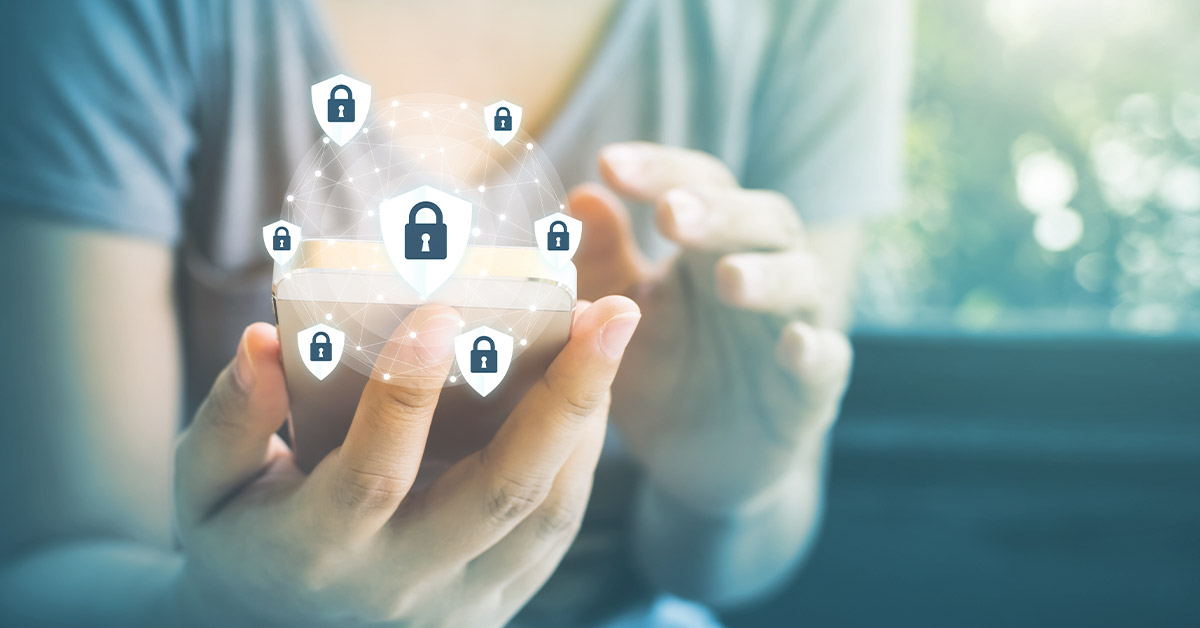
It’s been a weird couple of years with the Covid-19 pandemic sending everyone into lockdown and spewing panic all over the globe. And now that the pandemic seems to be under control, we still rely on the internet more than ever before – for work, for socialising, and shopping.
With so many more people online for their day-to-day life, cybercriminals have had a field day.
Cybercriminals use several tactics to illegally get your data, hack your software or get hold of sensitive details. They then sell this data, or in some cases, ask for insane ransom payments to release it. As time passes, their methods are becoming more and more sophisticated and difficult to detect, so we’ve prepared this guide to help you navigate the perils of being online in this modern age.
Malware is one of the many methods that cybercriminals use to their advantage, but what is it and how does it work exactly?
What is Malware?
The textbook definition of the word Malware is ‘Malicious Software’, and as the name implies, it consists of dirty programmes designed to intrude into IT systems to damage or steal data. Malware can attack any device that is connected to the Internet and takes the form of ransomware, viruses, adware, or bots. The good news is that it only comes to life after you download a file (through a pop-up ad or website) or if you open an email attachment, but once a system is attacked it is affected very quickly. Your computer will either crash, start rebooting or slow down, and of course, you will be left fuming and **!£$£@!.
Who is targeted?
Anyone can end up being the victim of malware – from individuals to businesses of any size, and public entities. A couple of years back, the National Health System (NHS) in the UK was brought to a standstill for five days, after malware attacked its software, affecting up to 200,000 devices in several countries. The attack caused havoc in hospitals, with patients’ data put at stake.
How can you protect yourself?
- Think before you click, then think again. If you are unsure about the source or the content of a file, do not download it.
- Some things should always remain private, yes always. Even if an email seems like it is being sent by a trustworthy institution, never give away passwords or personal details. When in doubt, always verify with the institution through their official channels.
- If it sounds too good to be true, it usually is. Do not trust sources that claim that you have won half a million euros or that they can make you rich in a day. These are simply attempting to intrude into your system.
- Use protection, lots of it. Install anti-malware software which runs regular scans of your device and detects threats before it is too late. It will also offer warnings when a user is about to execute a suspicious programme. It is important however to keep these updated and have the required licenses renewed.
- Backup. Always make a copy of your critical data
- Accidents happen, but don’t despair. In the unfortunate case that you do become a victim of malware, report the issue to the Police Cybercrime Unit and ask for professional guidance.






